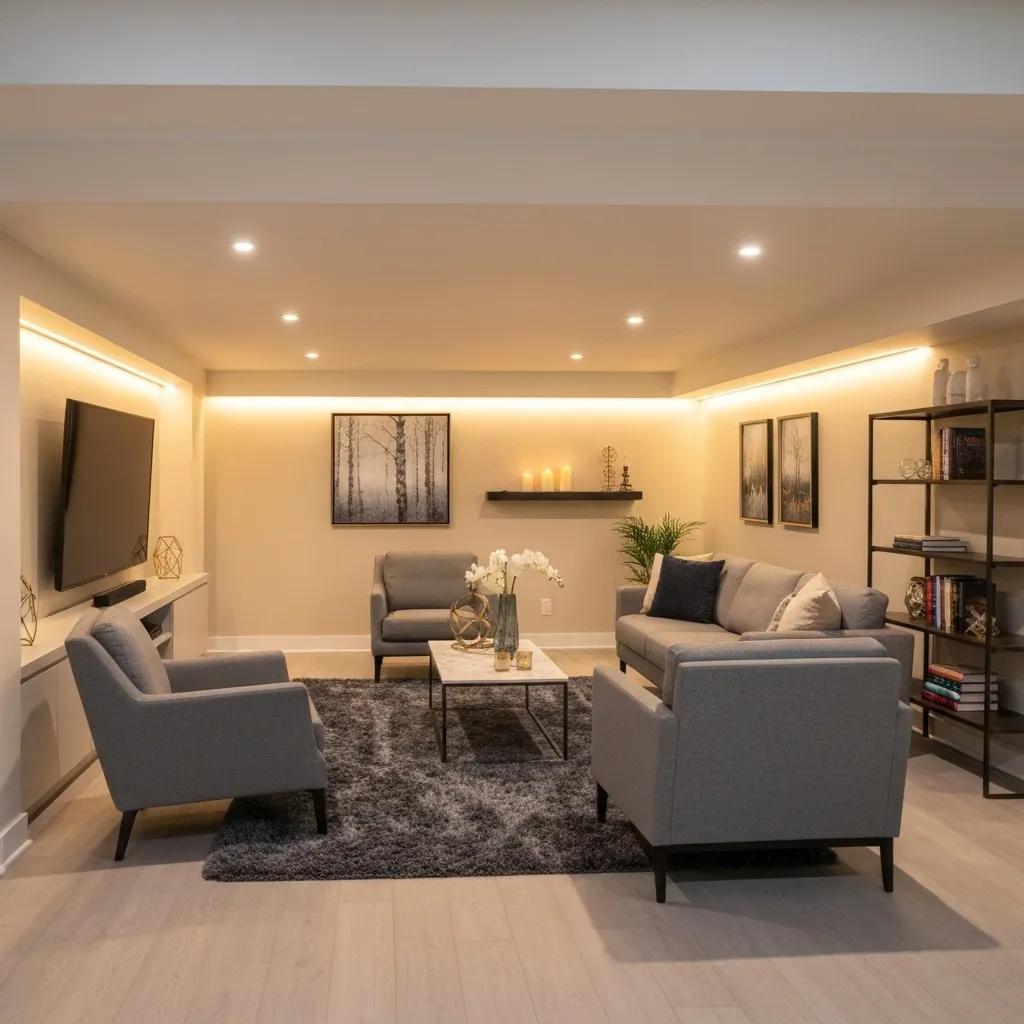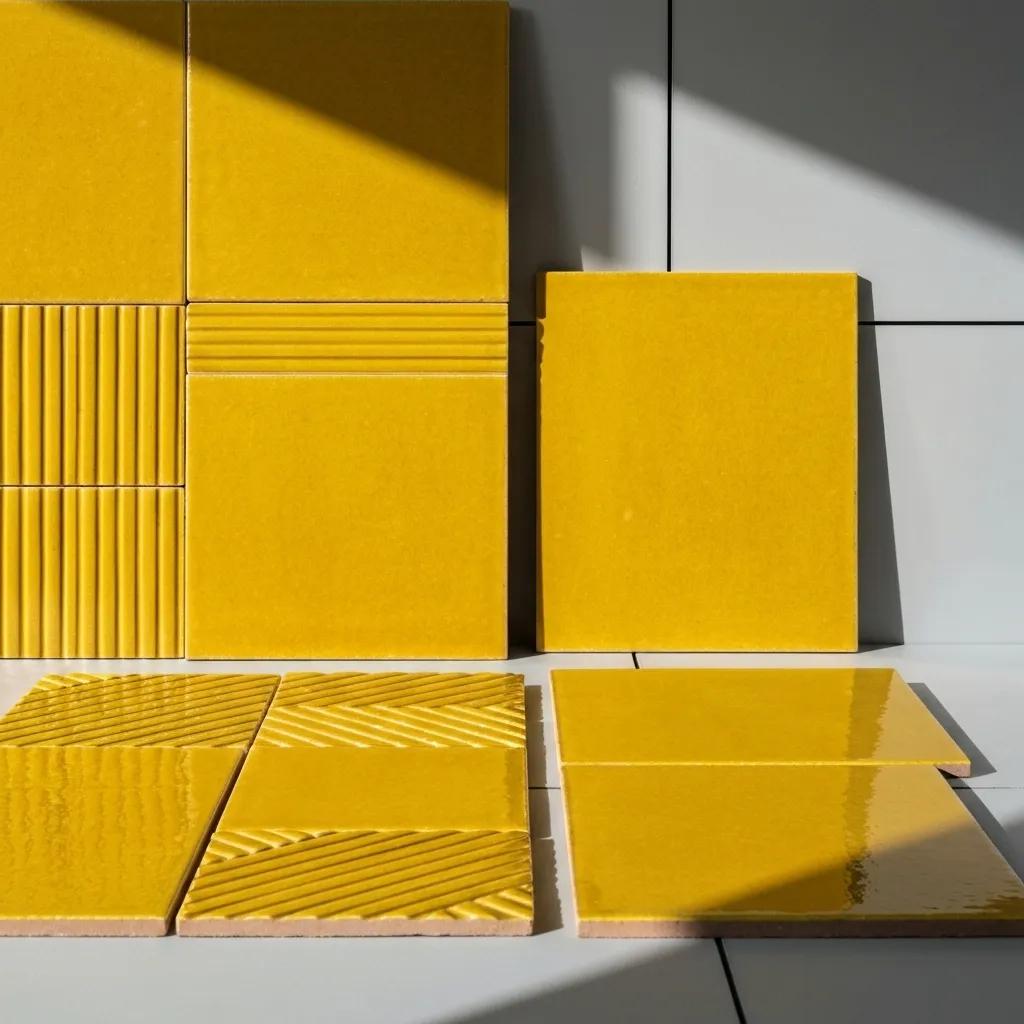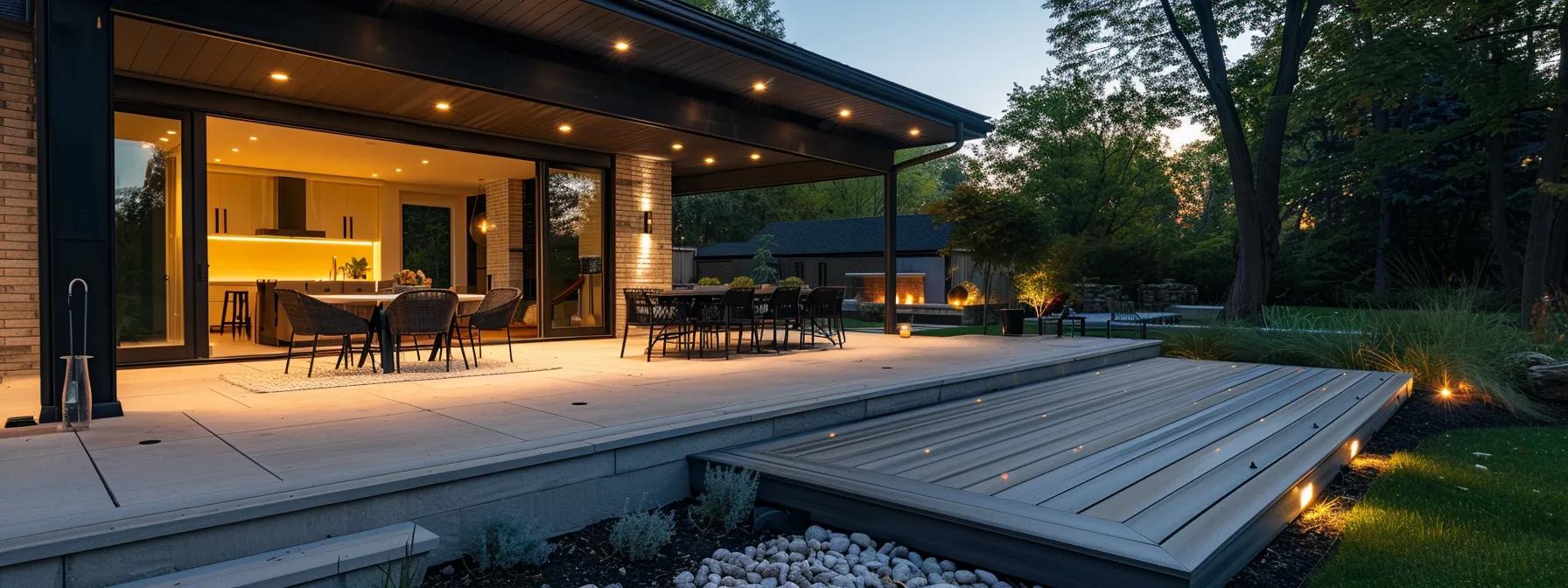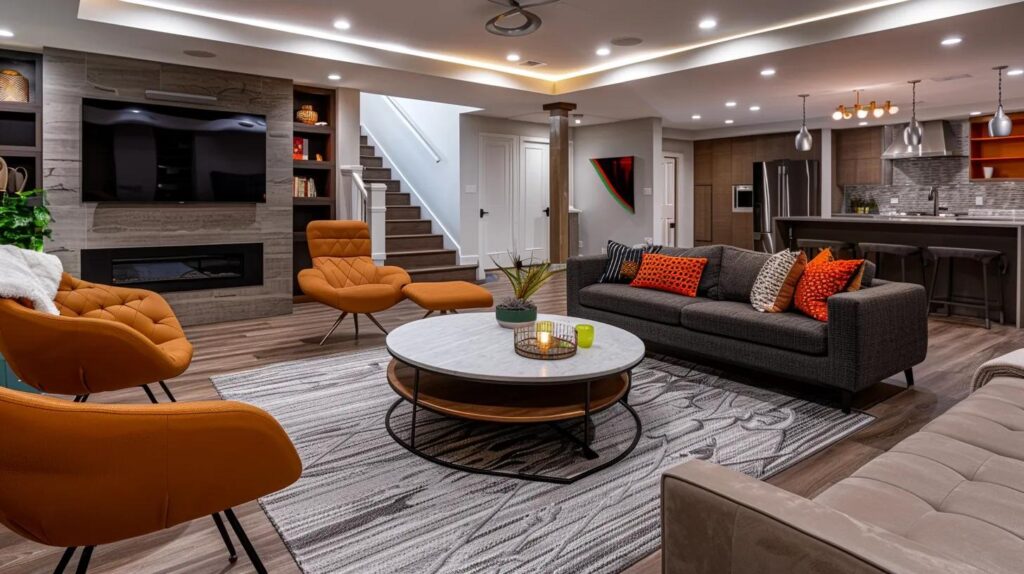
The Complete Breakdown: Average Costs to Finish a Basement in Des Moines
Finishing a basement in Des Moines is a transformative project that enhances property value and creates additional living space. Homeowners considering basement finishing des moines benefits can take advantage of the insights provided here. However, understanding costs can be challenging due to material choices, labor, design complexity, and permit fees. This article provides a concise breakdown of average costs, key influencing factors, step-by-step processes, and money-saving strategies to help homeowners plan and budget effectively.
Key Takeaways
- Multiple cost elements affect basement finishing: materials, labor, permits, and design complexity.
- Costs vary significantly by square footage, finishes, and design choices.
- Understanding local Des Moines rates aids in preparing an effective remodeling budget.
- Cost savings are possible through DIY options, smart material choices, and obtaining multiple contractor quotes.
What Are the Average Costs to Finish a Basement in Des Moines?
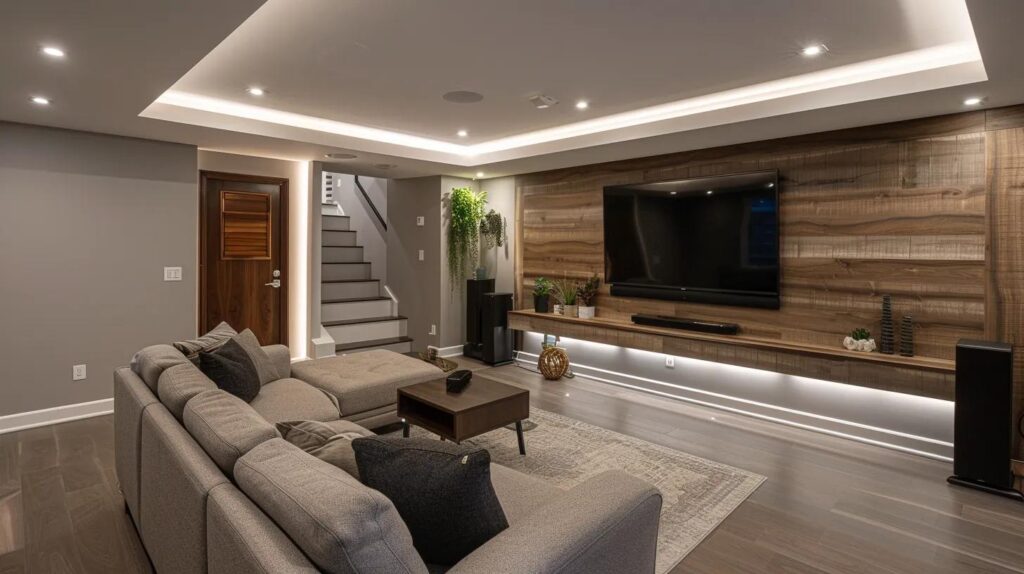
Homeowners can expect to pay between $30 and $70 per square foot for a complete basement remodel. This range typically covers framing, electrical work, finished walls, and flooring. Additional specialized areas—such as a home theater, kitchenette, or wine cellar—may increase costs. Early cost estimation is essential to avoid budget overruns.
What Is the Typical Cost Per Square Foot for Basement Finishing?
Costs generally range from $30 to $70 per square foot. This estimate includes key construction elements such as framing, drywall, insulation, electrical wiring, and flooring. Higher-end materials and custom designs are more expensive, while standard finishes help maintain lower costs.
How Do Material Costs Affect Basement Finishing Prices?
Material quality directly impacts the overall budget. Premium options like luxury flooring, custom cabinetry, and advanced waterproofing raise costs, whereas cost-effective alternatives can reduce expenses without sacrificing functionality. Standard materials such as drywall and basic lighting fixtures tend to have stable pricing, though decorative options may vary with trends.
How Do Labor Costs for Basement Finishing in Des Moines Compare?
Labor typically accounts for 30% to 50% of the total cost. This portion depends on regional standards, project complexity, and contractor expertise. Although experienced contractors may charge more, their efficiency and quality can prevent delays and additional expenses. Obtaining several quotes is recommended to balance cost and service quality.
How Much Do Permits and Inspections Cost in Des Moines?
Permits and inspections are required to meet local building codes and safety standards. These fees usually add several hundred dollars to the project cost and cover modifications for electrical, plumbing, and structural work. Inspections ensure adherence to code and reduce future liability risks.
What Contingency Costs Should Homeowners Expect?
A contingency fund of 10% to 20% of the total budget is advised to cover unforeseen issues such as water leaks, wiring problems, or structural repairs. This reserve helps manage unexpected costs without derailing the overall financial plan.
What Factors Influence the Cost to Finish a Basement in Des Moines?
Beyond square footage, several factors influence cost, including design complexity, contractor expertise, and material selection. Recognizing these factors enables homeowners to manage their budgets and make informed decisions.
How Does Basement Size Impact Finishing Costs?
Larger basements tend to have lower costs per square foot due to economies of scale, whereas smaller basements might incur higher per-unit costs because fixed expenses, like permits and design fees, are distributed over a smaller area. Evaluating the available space and intended use helps determine realistic cost expectations.
How Do Design Complexity and Layout Affect Expenses?
Complex designs that include multiple rooms, higher ceilings, and specialized features (e.g., home theaters or kitchenettes) require more labor and materials, leading to higher costs. In contrast, simple open-plan spaces are more cost-effective, as they demand less customization.
What Role Do Material Choices Play in Cost Variation?
Different materials come at varying price points and installation requirements. For example, luxury wood flooring or high-end tile increases expenses compared to carpet or laminate. While energy-efficient or eco-friendly options may have a higher upfront cost, they can reduce long-term maintenance and consumption expenses.
How Does Contractor Experience Influence Pricing?
Experienced and reputable contractors generally charge premium rates. However, their efficiency and quality work can reduce the risk of delays and unforeseen costs. Homeowners should verify contractor credentials, review past projects, and balance cost with quality when making a selection.
What Are the Step-by-Step Processes to Finish a Basement in Des Moines?
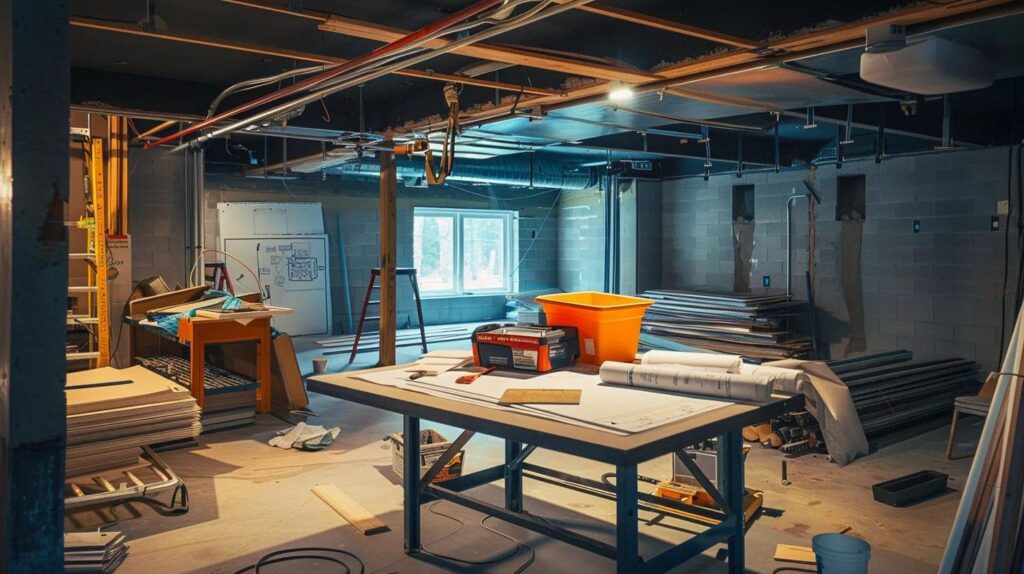
A well-executed basement remodel follows a clear process. Planning, permitting, and systematic construction are key to avoiding miscommunication and cost overruns. You should also know about DIY and professional basement finishing options.
How Do You Plan and Design a Finished Basement?
The planning phase involves choosing a layout, selecting materials, and setting a realistic budget. Design meetings should cover the intended use—whether a home office, recreation area, or guest suite—and focus on creating effective spaces with good natural light and ventilation. Often, architects or design consultants are consulted, and schedules are set in coordination with contractors for permit acquisition.
What Permits Are Required for Basement Finishing in Des Moines?
Obtaining permits for electrical, plumbing, and structural modifications is mandatory. The local municipality requires detailed project plans, fee payments, and scheduled inspections to ensure compliance with building codes and safety standards.
What Are the Key Construction Phases: Framing, Electrical, and Plumbing?
The construction is segmented into framing the structure, installing electrical wiring, and upgrading or installing plumbing systems. These phases lay the foundation for creating walls, ceilings, and built-in features necessary for a functional finished space.
How Are Insulation, Drywall, and Flooring Installed?
After primary construction, insulation is added to improve energy efficiency and soundproofing. Drywall is then installed to provide smooth surfaces ready for painting, followed by the careful installation of flooring options that can include carpet, laminate, wood, or tile—all selected for durability and visual appeal.
What Finishing Touches Complete a Basement Remodel?
Final touches include adding paint, trim, lighting, built-in storage, and decorative elements. Features such as a home theater system, wet bar, or custom cabinetry enhance both the aesthetics and functionality of the basement, tailoring it to the homeowner’s lifestyle.
How Can You Save Money When Finishing a Basement in Des Moines?
Cost-saving strategies can make a basement remodel more economical while preserving quality. Effective budgeting and careful contractor selection are crucial. You should avoid these basement finishing mistakes.
What DIY Options Are Feasible for Basement Finishing?
Homeowners can complete tasks like painting, minor demolition, installing trim, or shelving on a DIY basis. However, major work involving electrical or plumbing should be handled by professionals to ensure safety and code compliance.
How to Choose Cost-Effective Materials Without Sacrificing Quality?
Researching vendors, comparing prices, and considering long-term maintenance can help identify cost-effective yet durable materials. Consulting with contractors about the best cost-to-performance options available in the Des Moines market can further reduce costs.
Why Is Getting Multiple Contractor Quotes Important?
Obtaining at least three contractor quotes allows homeowners to compare scopes, timelines, and prices. This competitive process helps ensure a fair price and verifies the quality and reputation of the contractor.
How Do You Choose the Right Basement Finishing Contractor in Des Moines?
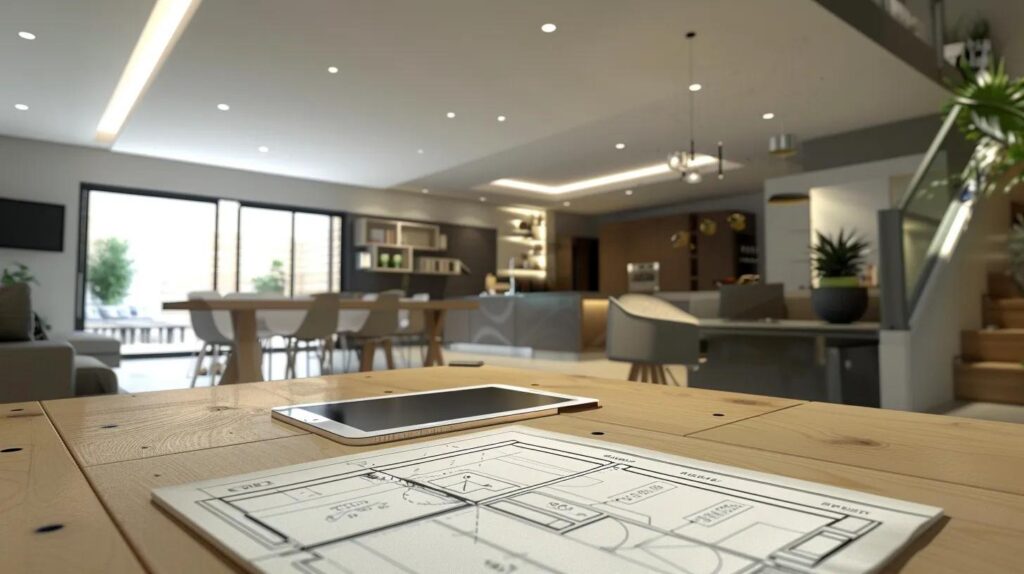
Selecting a qualified contractor is essential for a successful remodel. Homeowners should carefully evaluate a contractor’s experience, certifications, and track record before signing a contract.
What Qualifications Should You Look for in a Contractor?
Prior experience in basement finishing, proper licensing, insurance coverage, and positive reviews are key indicators of a reliable contractor. A well-documented portfolio and familiarity with local building codes provide additional assurance.
How Can You Verify Contractor References and Reviews?
Contact previous clients and review online feedback from platforms like Google and Yelp. Detailed project timelines and testimonials can help confirm a contractor’s reliability and quality of work.
What Questions Should You Ask When Getting a Quote?
Questions should cover the estimated timeline, potential cost overruns, and how changes will be managed. Request detailed breakdowns of costs including materials, labor, and permits to ensure transparency.
How to Negotiate Contracts for Basement Finishing Projects?
Negotiation should focus on clear scope, timeline, warranty, and payment schedules. Homeowners should seek to minimize additional charges and ensure the agreement includes progress updates.
What Is the Typical Timeline to Finish a Basement in Des Moines?
The project timeline varies with scope and complexity. Understanding each phase’s duration helps homeowners plan their schedules and manage disruptions.
How Long Does Each Phase of Basement Finishing Take?
Planning and design typically take 2–4 weeks. Construction, including framing, electrical, plumbing, insulation, drywall, and flooring, may take 6–12 weeks. Finishing touches and inspections can extend the process by an additional 2–4 weeks. Overall, a remodel can take approximately 3 to 6 months.
What Factors Can Affect Project Duration?
Permit availability, design complexity, unforeseen issues, and supply chain delays all affect project duration. Clear communication and proactive planning help mitigate these factors.
How Is Project Management Handled During Basement Finishing?
Dedicated project managers help coordinate phases, monitor progress, and quickly resolve issues. Regular meetings, progress reports, and inspections ensure the project adheres to its timeline and quality standards.
What Are the Most Popular Basement Design Ideas and Trends in Des Moines?
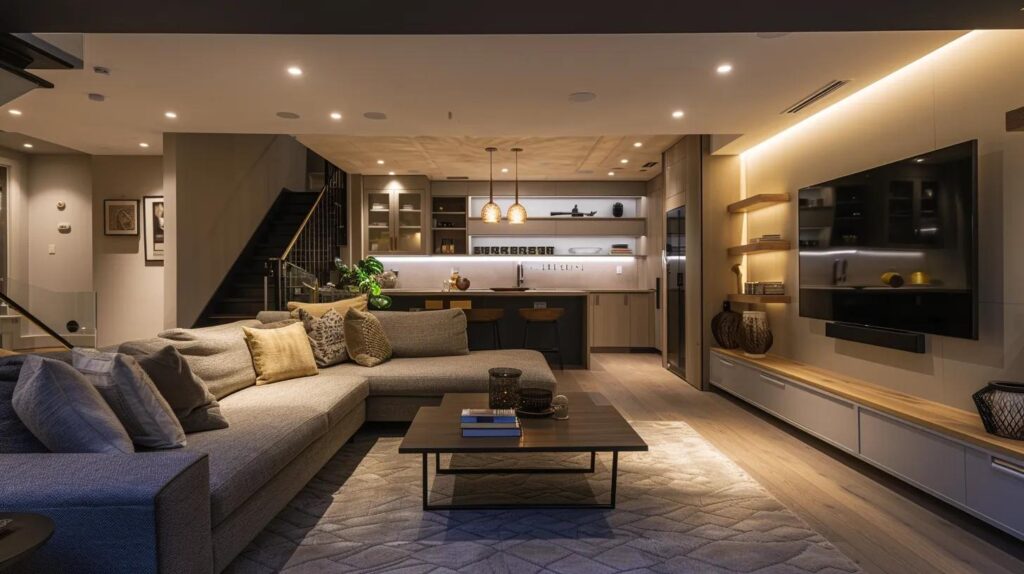
Modern basement trends emphasize functionality, comfort, and aesthetics. Designs integrate multi-functional spaces with contemporary finishes that appeal to diverse needs.
What Basement Layouts Maximize Space and Functionality?
Open-concept designs, multi-use rooms, and zoned areas provide flexibility. Strategic placement of windows, doors, and lighting enhances spatial flow and functionality, allowing the space to serve as an office, gym, or guest suite.
Which Materials and Finishes Are Trending for Basements?
Popular finishes include vinyl plank, engineered hardwood, and large-format tiles paired with recessed LED lighting. Moisture-resistant materials and smart home integrations keep the space practical and energy efficient.
How Are Home Theaters, Offices, and Guest Suites Incorporated?
Homeowners are incorporating specialized areas with soundproofing for theaters, ergonomic setups for home offices, and private entrances for guest suites. Custom storage solutions and advanced audiovisual systems enhance these spaces.
| Feature | Material/Design | Benefit | Example in Des Moines |
|---|---|---|---|
| Flooring | Vinyl plank or tile | Durability and moisture resistance | Ideal for basement home theaters |
| Lighting | LED recessed fixtures | Energy efficiency and modern aesthetic | Enhances open-concept layouts |
| Zoning/Partitions | Glass walls or bookcases | Flexibility in defining spaces | Creates multi-functional rooms |
The table summarizes popular features, materials, and their benefits in Des Moines basement finishing trends.
Frequently Asked Questions
Q: What is the average cost per square foot for finishing a basement in Des Moines? A: Costs generally range from $30 to $70 per square foot, depending on material quality and design complexity. For more details, you can understand the costs of your basement finishing project.
Q: How long does it generally take to complete a basement remodel in Des Moines? A: Typically, 3 to 6 months, considering design, permitting, and construction phases.
Q: Can homeowners save money by doing some of the work themselves? A: Yes, DIY tasks such as painting, installing trim, or mounting shelves can reduce labor costs while maintaining quality.
Q: What permits are required for basement finishing in Des Moines? A: Permits for electrical, plumbing, and structural modifications are required from the local municipal authority. To learn more, visit what to know about DIY and professional basement finishing options.
Q: How do design choices affect the total cost of finishing a basement? A: Complex layouts and high-end finishes increase costs, while simpler designs with standard materials help lower expenses.
Final Thoughts
Finishing a basement in Des Moines requires careful planning, pragmatic budgeting, and the support of experienced professionals. By understanding average costs, material options, permitting requirements, and contractor qualifications, homeowners can create a space that enhances daily living and increases property value. Employing cost-saving strategies such as DIY tasks and obtaining competitive contractor quotes can make the project both efficient and financially manageable. A clear vision, thorough planning, and an informed approach to design trends are key to achieving outstanding results.

